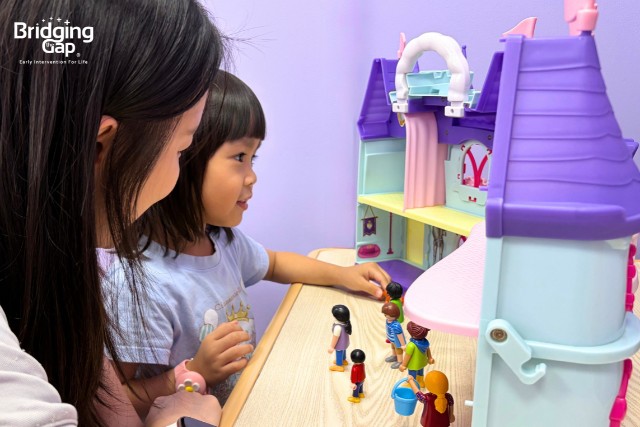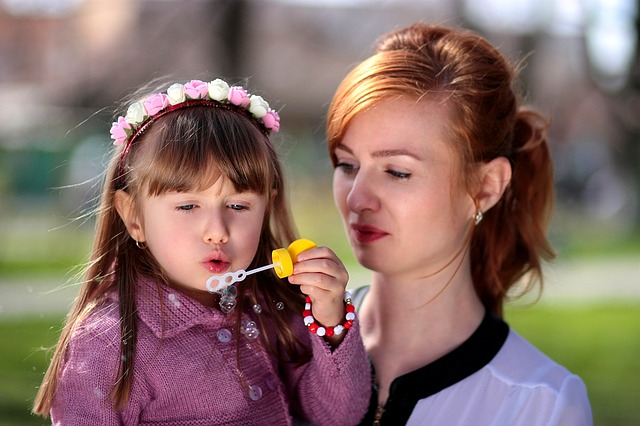Some of us are natural pet lovers. We’ve always had a pet around the house when we were growing up, so we automatically plan for one when we get married. But not everyone has this kind of childhood experience. For many of us, the first time we actually consider getting a pet is when our child asks for one.
It’s a big decision, we say. And rightly so, because getting a pet doesn’t just change your life – it changes your pet’s life too. Taking care of a pet is a huge responsibility and a life-long commitment. Here are some questions to ask yourself before you and your family take the plunge.

1. Level of interest
How keen is your child to own a pet? Why? Is it a passing interest or do you sense that this is a real and deep desire? Is it just because his best friend just got a fish, or because you watched Lassie over the weekend? How do you (and the other members in your home) feel about having a pet?
2. Costs incurred
Find out how much it would cost to own the pet you have in mind. You need to consider both one-off big-ticket items like a tank, cage or kennel, as well as the monthly expenditures like pet food, grooming sessions and trips to the vet.
3. Space constraints
Consider the size and layout of your home. Where will your pet sleep? Which areas would be out of bounds, if you plan to let your pet loose in the home?
If you are thinking of getting a fish, bunny or bird, space is probably less of a consideration – but if you are thinking of getting a cat or dog, then you have to consider how they are going to get their daily exercise and freedom to move about if you live in a flat.
4. Time constraints
Do you have the time to care for a pet? Pets need baths. Their cage or pen needs to be regularly cleaned. They need playtime with their owners as well. If you’re already holding down a hectic job and your kids are not old enough to care for the pet themselves, then perhaps now is not the right time to get a pet.
5. Children’s readiness
Speaking of kids, your child may desperately want a pet, but may not understand the implications of what it means to be a pet-owner. Depending on their age and level of maturity, you should highlight issues like pet care, possible lifestyle adjustments, and even discuss the fact that your pet will eventually die one day.
6. Pet options

Even within one category of pets (E.g dogs), there are many varieties to consider. Taking all the above criteria into consideration may help you make the call between a silky terrier and an Alsatian, or between a dwarf bunny and a regular rabbit.
7. Past experiences
Perhaps you have had a pet in the past. What was your experience like? It would be good to revisit these memories to better understand your own views towards having a pet and to learn from the experience.
8. Roles and responsibilities
Discuss the day-to-day duties of caring for your pet. Ensure that everyone is on board to care for the new arrival and is committed to his or her job. Emphasize that it’s a lifelong commitment, not just a matter of “let’s try and see”.
9. Holiday options
Consider what will happen to your pet when your family goes on holiday. Do you have a relative or friend who would be willing and able to look after your pet in your absence? If not, would you be able to pay a fee for a pet hotel? (Some pet shops also help to look after your pets for a fee if you need to leave the country for a few days.)
10. Knowledge and expertise
Talk to your friends who are pet owners or search for forums online to better understand other unique points to consider and to have better handles on how to manage and care for your pet. Such connections may also link you up to good deals on pet accessories or sellers.
By Dorothea Chow.
* * * * *
Like what you see here? Get parenting tips and stories straight to your inbox! Join our mailing list here.
Want to be heard 👂 and seen 👀 by over 100,000 parents in Singapore? We can help! Leave your contact here and we’ll be in touch.



























































